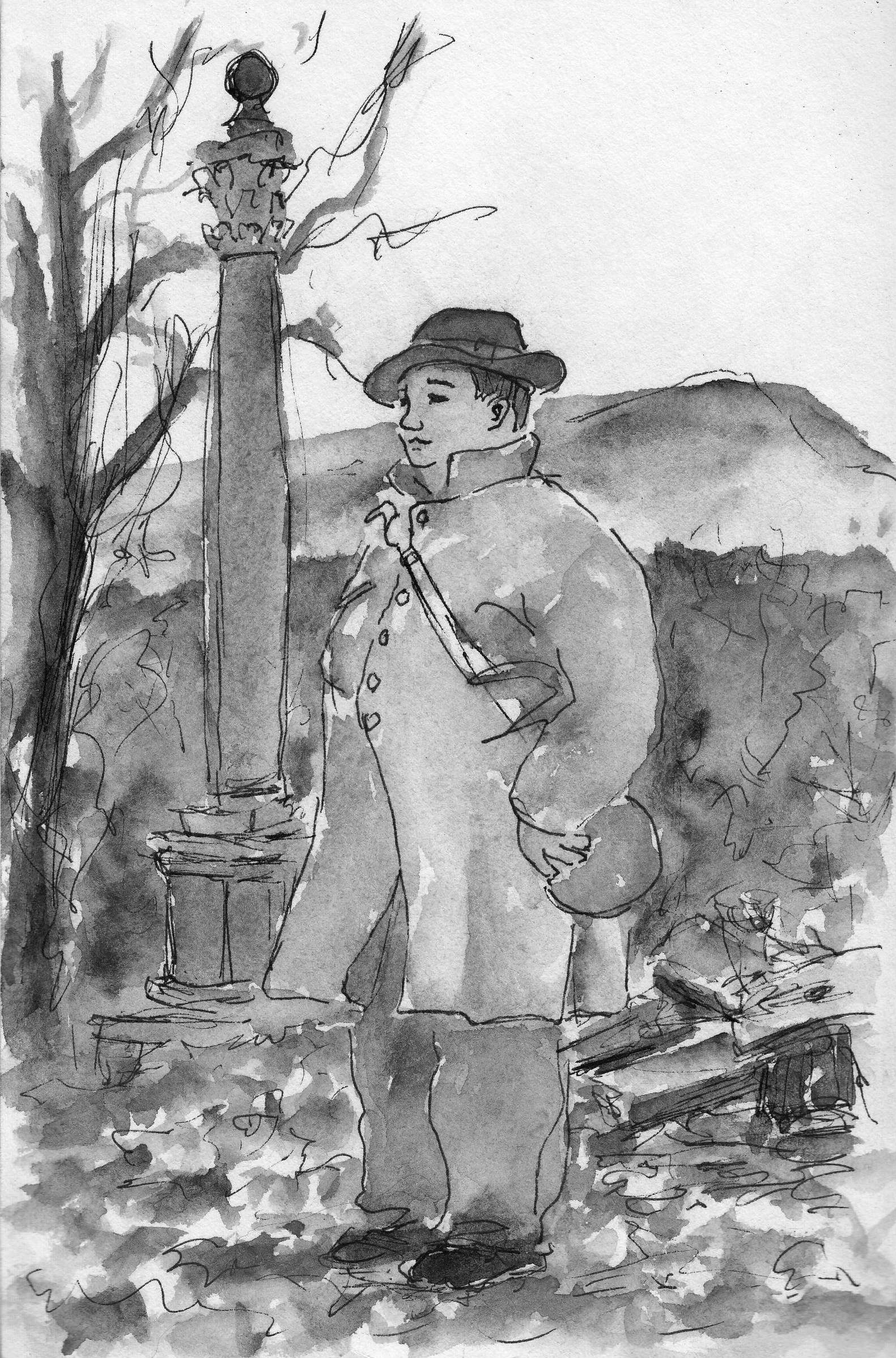The waning days of any calendar year are a natural time of reflection. For history-minded Chattanoogans, though, the close of an epochal 2013 is more momentous. From the heat of summer to the chill of late autumn, we have witnessed Civil War battle reenactments and reimagined the 1863 setting with all the fidelity we could muster.
Feet may be tired and voices strained after the many long walks and talks on nearby battlefields and trails. Yet this community's memory bank has been replenished by fresh interpretations of familiar stories, the rediscovery of once-lost treasures and the enhancement of digital technologies.
Years of event planning typically climax in frenzied days of execution, sometimes in the face of unforeseen challenges. The national shock of a President's assassination in November 1963 scuttled all the Battles of Chattanooga centennial events just as they were set to commence.
This sesquicentennial year delivered a double-barreled jinx - a federal sequester followed by a shutdown - sidelining National Park Service interpreters and curtailing field trips in October for the state's signature Civil War 150th conference and an international gathering of journalists.
But thanks to the established public-private collaboration of the Park Service and Friends organizations, along with urgent callouts for able volunteers, the collateral damage was managed and programming casualties were minimized.
Those who flocked to Chattanooga were not casual drop-ins or the sought-after demographic of "heritage tourists." They were modern-day history pilgrims, destined for this one place at one moment in time. Determined to walk the same ground as their ancestors, they allowed no obstacles to upend their plans.
Where has this burst of commemorative programs left us - atop a higher plateau of community self-awareness ... with a renewed commitment to preserving our past? Let us hope so, while we recall the meaningful encounters:
• A couple from Franklin, Tenn., primed to follow her Kentucky ancestor's route in charging Missionary Ridge, were crushed to learn their guided tour was cancelled because of the federal shutdown. With only an hour's notice, a local expert was recruited to fill the breach.
• A seasoned reporter from Wisconsin Public Radio reported the engaging story of young Lt. Arthur MacArthur, whose "On Wisconsin!" shout served as a heroic command long before it became a University's fight song.
• A physically fit Kentucky retiree told us the Chattanooga theater was his 32nd in a series of Civil War 150th commemorative events.
• On a blustery November 25th, a Wisconsin couple with four homeschooled sons arrived right on time to recount the final steps and minutes of his Illinois ancestor who had fallen at Missionary Ridge.
• Following a rough night of sleeping on the ground at Cravens House, reenactors in handmade uniforms demonstrated for visitors the techniques of long-distance signaling and wireless telegraphy at Point Park.
• A data design engineer from Georgia who doesn't own a camera took out a small sketchpad to capture fleeting visual impressions onsite. (One of her drawings is shown at right.)
Similarly poignant events attracted longtime residents. Designated "history keepers" from every church in the Civil War-era town came together at St. Paul's to compare their experiences of disruption and displacement. No faith congregation was spared in the siege of 1862-63, yet each recovered.
Other local legacies are tangible. Historic markers have been installed at newly documented sites around the city. Long-forgotten routes, most notably the Federal Road across Moccasin Bend, have been unearthed and remapped using sophisticated technologies. Many rare items from family archives have been unlocked and preserved, with digital copies becoming accessible to researchers through the Gig City's Public Library.
What have we learned? That our pivotal chapter in American history need not be dumbed down for modern consumption or sanitized for political correctness. Here we celebrate the real thing - authenticity in abundance. All that is required is that we understand its enduring appeal to successive generations of learners.
Wartime strategy and tactics are of boundless and perennial interest for students of leadership. The military and corporate "staff rides" that battlefield historians here guide annually will continue because these lessons are timeless.
Ultimately, our chapter of Civil War history resonates with more sweeping questions: Why did Americans resort to armed conflict with each other? How were the lives of civilians impacted? In what ways was the course of this community forever altered?
This particular crossroads experience has given Chattanooga a uniquely Southern form of "American exceptionalism."
We will not forget.
ABOUT THE WRITER: Jim Frierson is an author, historian and native son. For additional local history resources, see www.chattahistoricalassoc.org.

